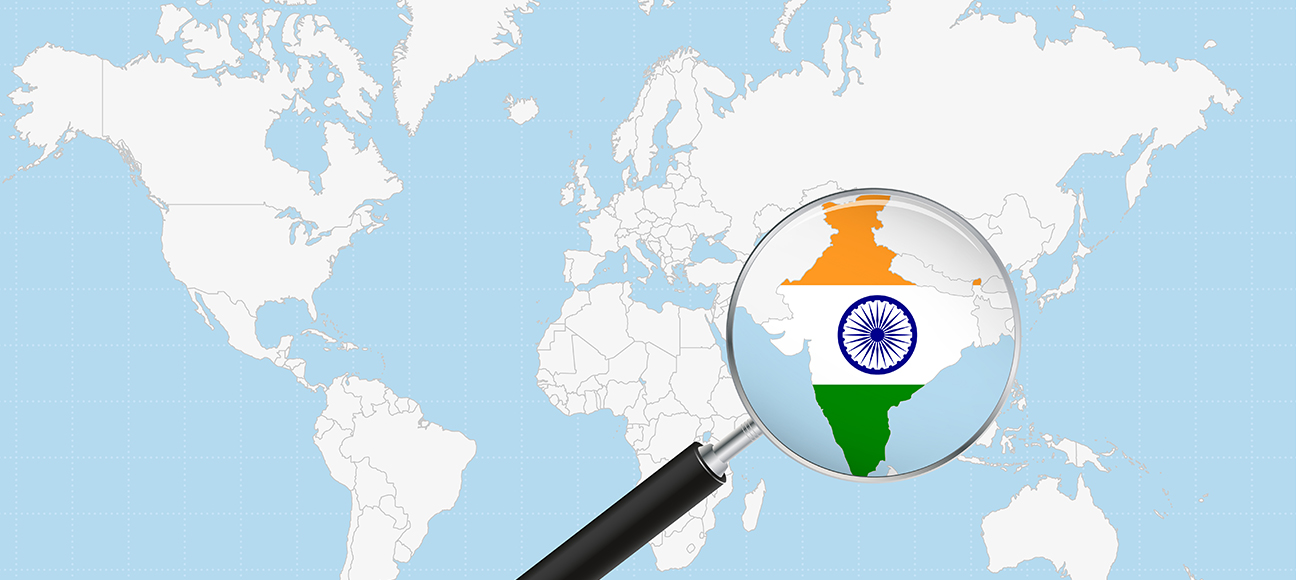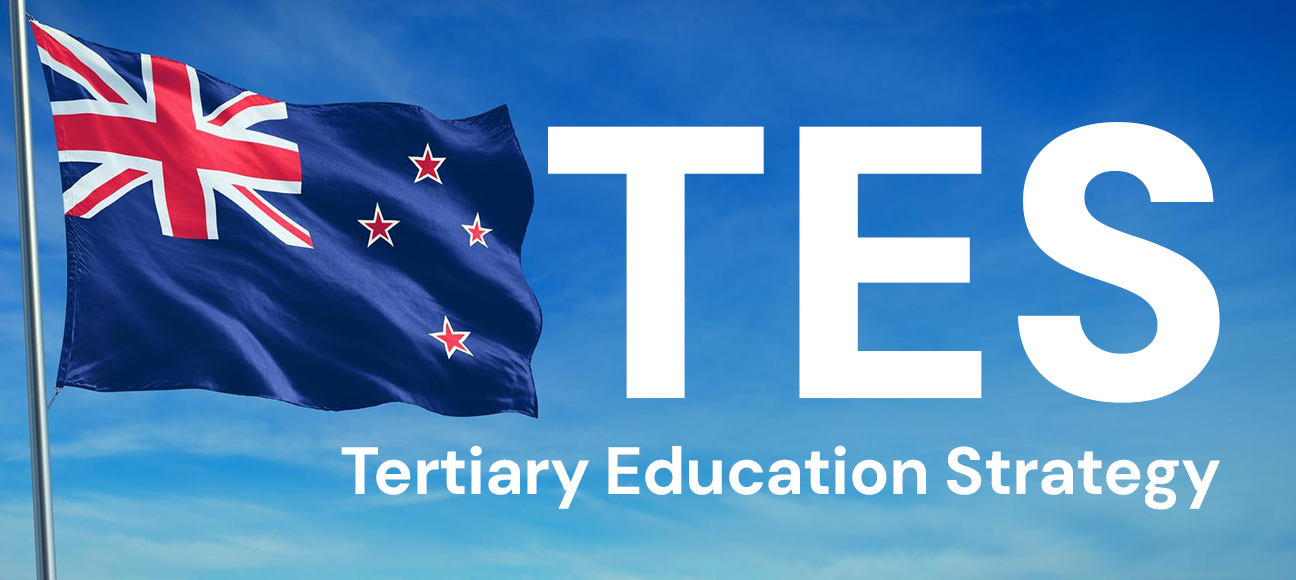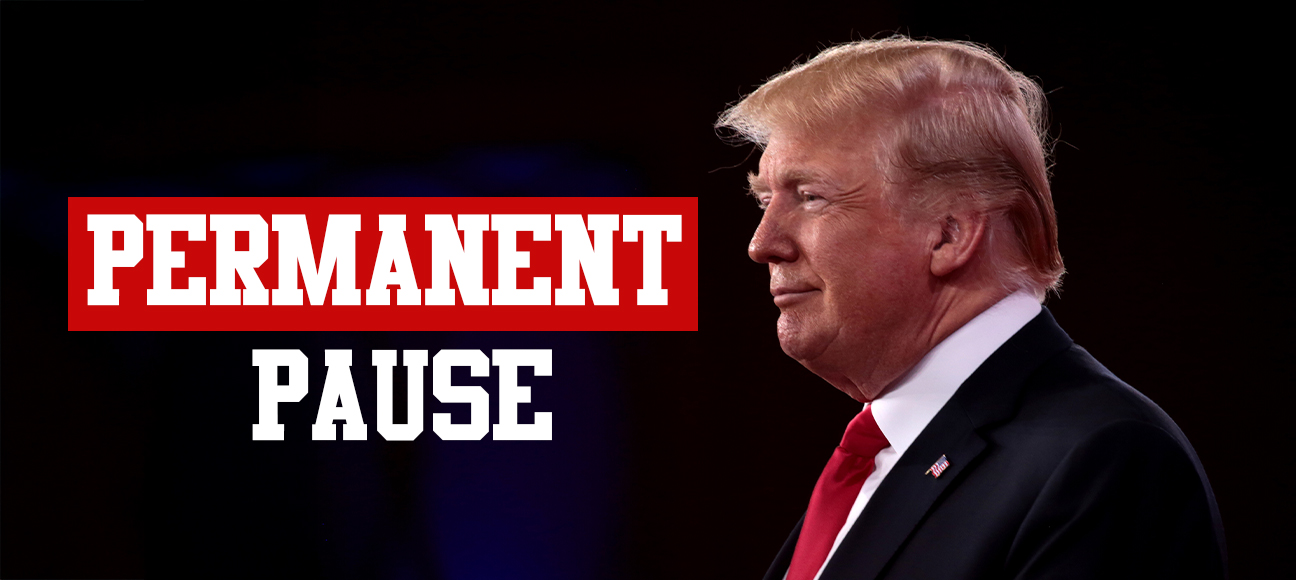Canada’s Big Squeeze: What the Budget Means for Global Students

The Canadian government has sent a clear message with its 2025 federal budget: the welcome mat for new international students is shrinking significantly, though the door for top-tier researchers is now wider than ever. This announcement has naturally sparked considerable debate across the country’s education sector, with institutions bracing for a major shift in how they operate.
The headline figure for international education is the sharp drop in new study permits. Ottawa plans to slash new permit allocations from an original target of 305,900 in 2025 to just 155,000 for 2026, and only 150,000 in the following years. This represents a staggering cut of nearly 50% across three years, a move experts acknowledge is much more drastic than initial reports suggested, even if current arrival figures are already lagging.
For students dreaming of an undergraduate or college experience in Canada, the news is a considerable disappointment. These programs, crucial for regional economies and labour markets in sectors like tourism and skilled trades, appear to be bearing the brunt of the policy changes. Sector experts, like Dan Weber from the Canadian Bureau for International Education, are concerned that this will only compound problems, damaging the very workforce development Canada needs.
However, the picture is brighter for those pursuing advanced studies. The new limits specifically exclude study permit extensions and, crucially, graduate students (Master’s and PhD) enrolling at public institutions. This signals a determined effort to prioritise Canada’s long-term research and innovation goals. Bolstering this focus is a substantial CAD$1.7 billion investment over 13 years, designed to attract over 1,000 highly qualified international researchers and doctoral students. The government has even established a new 14-day processing standard for doctoral applicants, making the route for top academic talent much swifter.
While the government’s stated aim is to ‘restore control, clarity, and consistency’ to the immigration system and address pressures on housing and infrastructure, the budget presents a complex challenge for Canadian education providers. Universities have largely welcomed the investment in research talent, which could significantly boost Canada’s global academic standing. Yet, the deep cuts to general student numbers threaten the financial stability of many institutions, who rely heavily on international tuition fees to fund their programmes for both global and domestic students.
This budget is a moment of truth for Canada’s international education sector. The country is deliberately swapping a strategy of high volume for one focused on high-value, highly skilled migrants. The hope is that by prioritising master’s and doctoral students, Canada can rebuild its international reputation as a destination for cutting-edge research. However, the true test will be whether this targeted approach can sustain the educational ecosystem and regional economies that depend on the wider intake of international students.
Source: THE PIE NEWS
Top Stories

Budget 2026: Your Study Abroad Dreams are Set to Become More Affordable
February 1, 2026 | By Aahana
US Higher Education Sector Backs Harvard in Legal Fight to Protect International Students
January 23, 2026 | By Henry
Interest from Nigerian Students in US Study Falls by Over 50% as Alternatives Gain Appeal
January 16, 2026 | By Advay
































































































